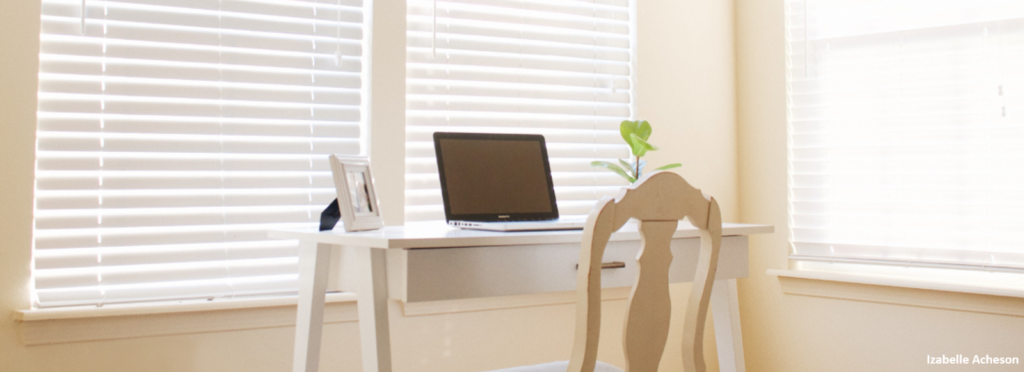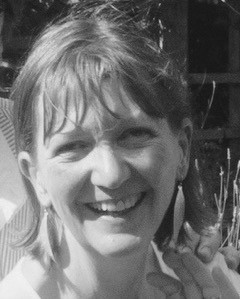- ...
Masters Compare - Find your perfect masters course.

It is never too late to start a PhD: Ismene Brown is a journalist and critic undertaking a D.Phil. at The University of Oxford. A couple of years ago she met us at our annual PhD Funding Fair, and a year later she published this blog post about her search for a PhD.
 When I turned 50 I began to give my project a higher priority in my career decisions. I became freelance so as to start teaching myself Russian, and after a few years felt I needed to address my lack of academic education. I thought of applying to do a BA but in the event my career record enabled me to embark on an MA in Russian studies at UCL’s School of Slavonic and East European Studies in 2013.
When I turned 50 I began to give my project a higher priority in my career decisions. I became freelance so as to start teaching myself Russian, and after a few years felt I needed to address my lack of academic education. I thought of applying to do a BA but in the event my career record enabled me to embark on an MA in Russian studies at UCL’s School of Slavonic and East European Studies in 2013.
It was not in my mind to go on to PhD, since I had no academic habit of thinking, and anyway I hoped that an MA would be enough of a boost for my journalistic work to enable me to drive my Soviet project alongside it.
At the time, I needed to ride two horses: to enrich the potential of my planned book but also realistically to improve my career and range of working possibilities (arts journalism has hit a dramatic and alarming slump, and sometimes life compels you to think beyond the obvious). However, as I worked at SSEES on adapting myself to the unfamiliarity of academic work, I began to think that my journalistic skills would not be enough to satisfy what I wanted to write.
I began to ask myself if I had left it too late to start a PhD, even as I approached 60, I could be capable of doing respectable and valuable scholarship with the new intellectual tools I had started acquiring under some stimulating tutors – much aided, incidentally, by the creative breadth of modules in UCL’s commendably flexible MA.
By attending Postgraduate fairs, I gathered information about universities of research excellence in the field and the PhD experience. I had some useful conversations with PhD graduates concerning my worries about my age and skills, so completed some (excellent) career workshops, and I signed up for the tremendous flow of emails from PostgraduateStudentships, and MastersCompare.
I left it for a year and mulled things over as I returned to journalism. I increasingly realised that I had been changed by my MA, that my subject was a powerful one of proper academic value, that I was interested in it now in a different way than I had been before the MA, and that my professional skills could be advantageous and relevant to some good questions. A PhD started to feel compelling. I researched in detail through the opportunities instigated by the flow of Think Postgrad mailings. I longlisted and shortlisted, compared and contrasted potential supervisors, read some of their literature.
Last spring I applied to SSEES and to Oxford, and was offered a PhD place at both. The options could have taken my work in distinctly different directions, both tantalising. I thought a great deal about how to choose. However, I selected Oxford because of the range of excellence of my provisional supervisor and other dons there in fields that I want to explore both in this PhD thesis (and related book) and also in a further project after it. I have several years’ work shaping up now in my plans, and a new professional future to aim for.
Financially I have an advantage over younger students because I have my own home. I also have a full family life and two dogs, so I shall wait and see how I can fit into university social life. I expect some financial problems in time, but I think I can overcome them with pieces of journalism and, I hope, teaching in my research field.
The whole process has been an organic growth of awareness and confidence from hesitant beginnings. As someone having no university education in my youth, and given the age difference between me and most university entrants, I have at times felt simultaneously very green and very grizzled. But I am surprised, grateful and strongly boosted to find that at no point, and in no place, has anyone discouraged me because of my age - it is never too late to start a PhD. To make the most of my potential to do my subject academic justice has always been the only concern of my teachers and contacts.